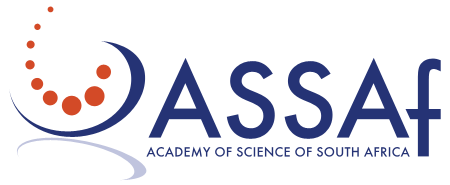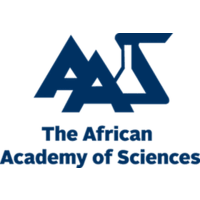Programme / Thematic session I./e Establishing an African knowledge democracy for increased social justice and development
‹ back to Programme listerDay
Wednesday / 7 DEC
11:30 - 13:00
This session comprises of two parts, both addressing alternative ways to fund research and acknowledge researchers. Part 1 calls for doing away with traditional rankings and metrics, while Part 2 proposes equitable and sustainable approaches for science funding in Africa.
Part 1
The current methods for the assessment of science, scientists and journals lean heavily on ranking and citation metrics. Many research-intensive institutions also from the South still use the journal impact factor to influence the promotion and tenure process, regardless of it being widely criticised as a crude and misleading proxy for the quality of scientists’ work. The ranking and metrics methods have given rise to a knowledge economy based on competition and profit driven research as opposed to a knowledge democracy aimed at social justice.
In order to achieve a knowledge democracy, researchers need to be assessed for the quality and social relevance of their research and not for the number of publications in prestigious journals. In the current system huge amounts of money are spent on publishing in highly ranked international journals. Digital publishing can and should be much cheaper. By funding diamond open access journals, funders can create equal opportunities for all researchers to share their work and increase the chance that it will be used where it matters in their local societies. The quality of these journals can be confirmed by their inclusion in the DOAJ, an open access journal index, officially acknowledged as the global quality index for open access journals.
The aim of this session will be to explore how funders can make new research assessment processes clear and transparent at all stages, for all involved. How new responsible research assessment can be developed based on the relevance of research. How funders can save money by promoting and funding diamond open access journals, with no fees for authors nor readers, in their respective countries. And last but not least student and researcher engagement can bring more social justice to the scientific enterprise.
Part 2
Growing inequality, glaring wealth disparities, and societal divides, which have been exacerbated by the worldwide pandemics, are fundamental trends that we have seen over the past year or two in middle and least-developed African Countries. We continue to see inequality manifesting in many ways across Africa including in science funding. Some nations and institutions continue to receive most of the financing from donors, leaving other, smaller nations behind. This is because some institutions and countries are given preference as beneficiaries due to their strong infrastructure and capabilities. Consequently, widening the knowledge and skills differences across global regions. This session's goal is to start a conversation about the value of open agenda-setting and transparency among grantees and funders. Ideas such as ensuring funding alliances between large institutions and smaller ones, developing solid financial grant management skills and culture. As a result, the session will propose equitable and sustainable approaches for science funding in Africa.
Speakers:
- Tom Olyhoek, Editor in Chief, DOAJ
- Joy Owango, , Training centre in Communication, University of Nairobi
- Felix Dapare Dakora, President, African Academy of Sciences (AAS)
- Thuli Madonsela, , Thuma Foundation for Democracy Leadership and Literacy, Stellenbosch University
- Magdalena Skipper, Editor in Chief, Nature, Springer Nature

